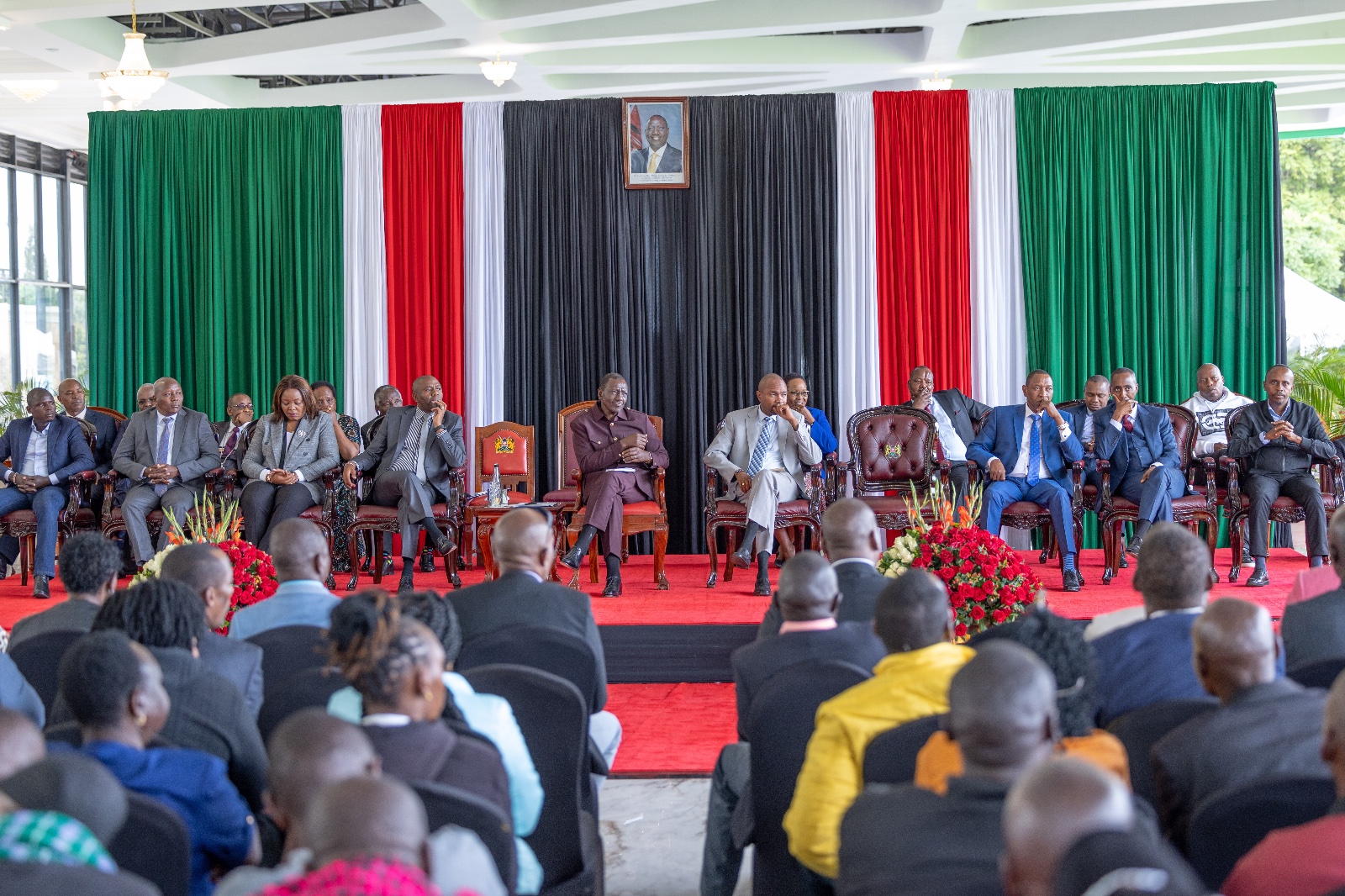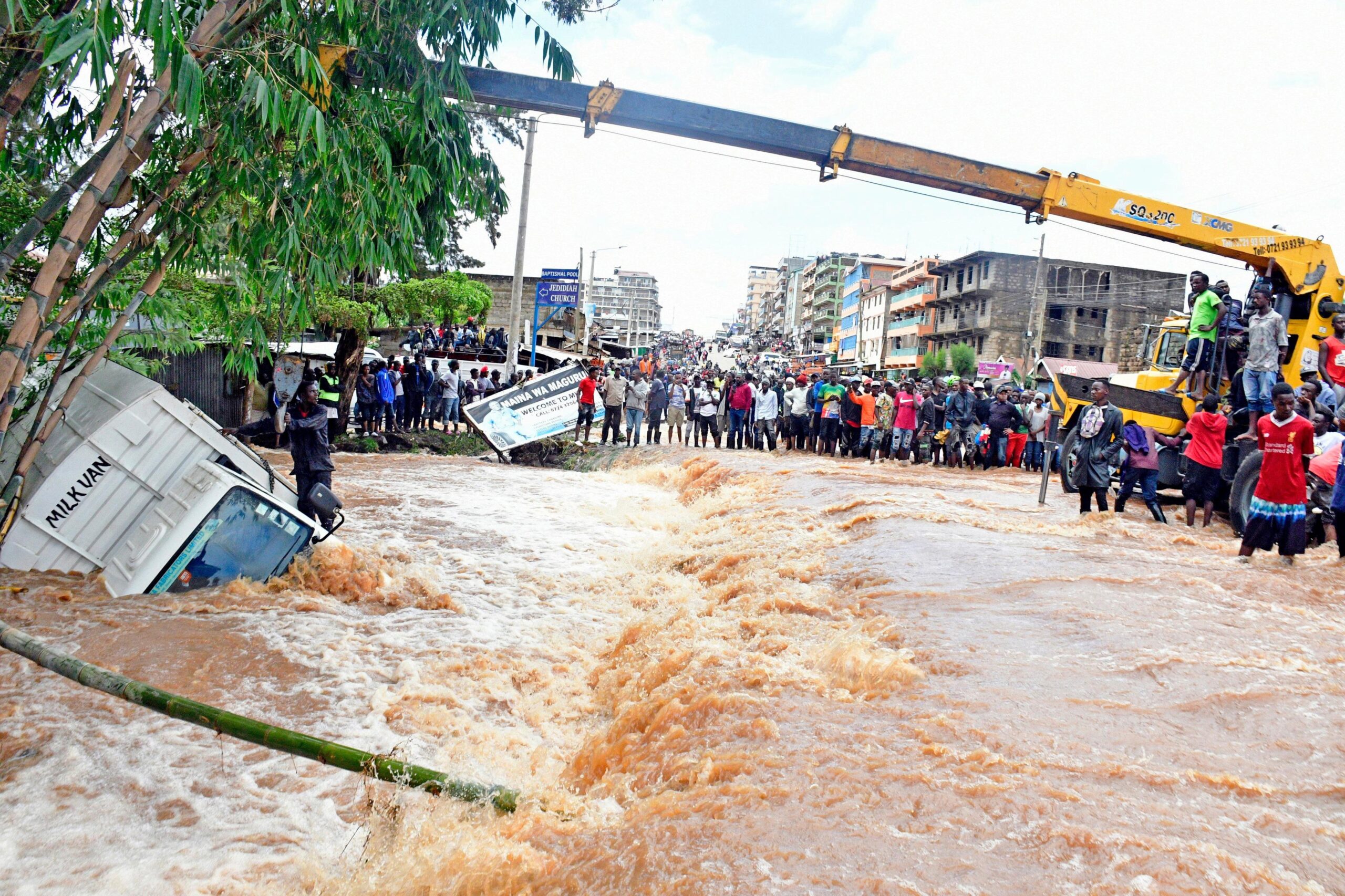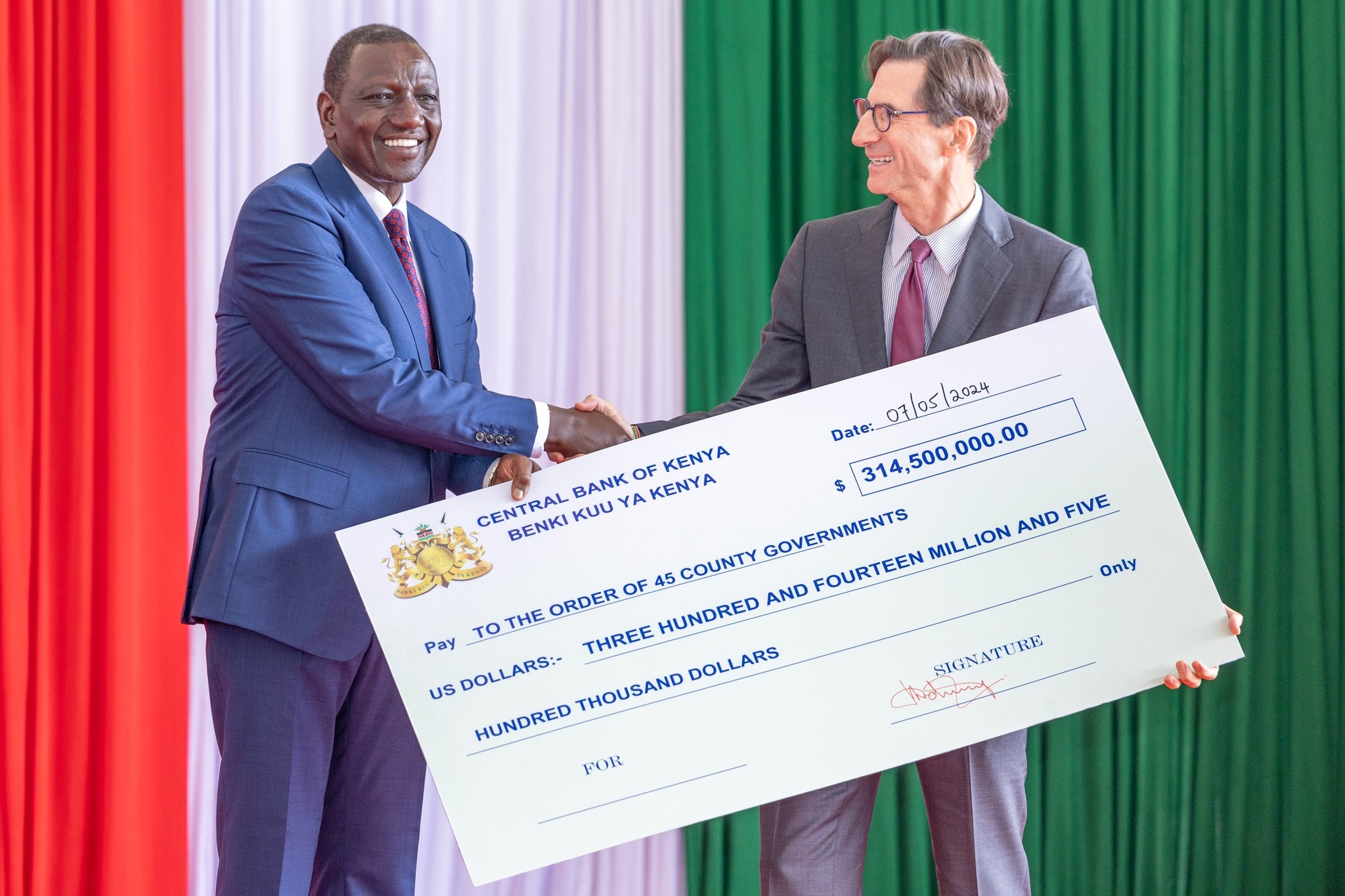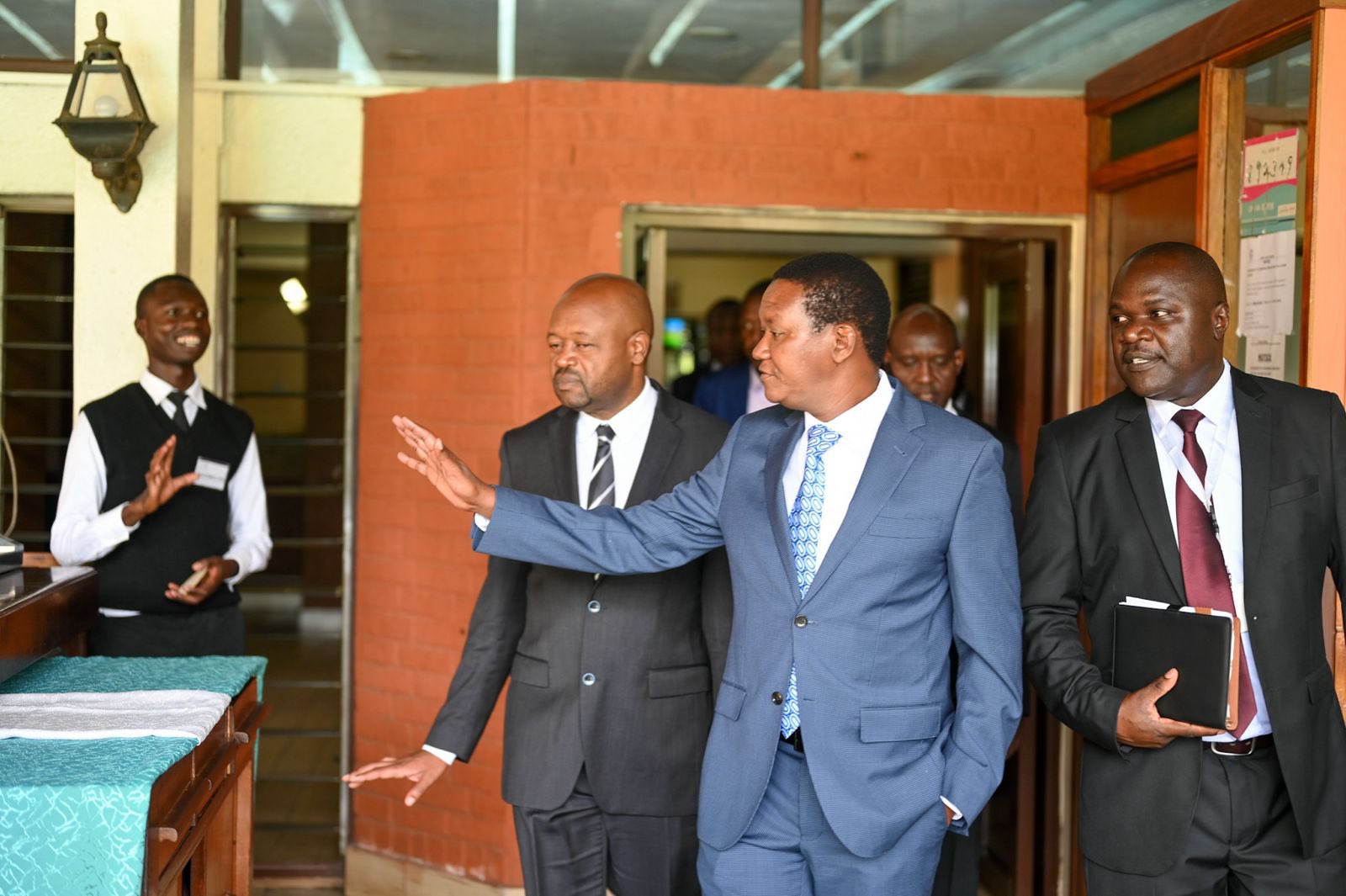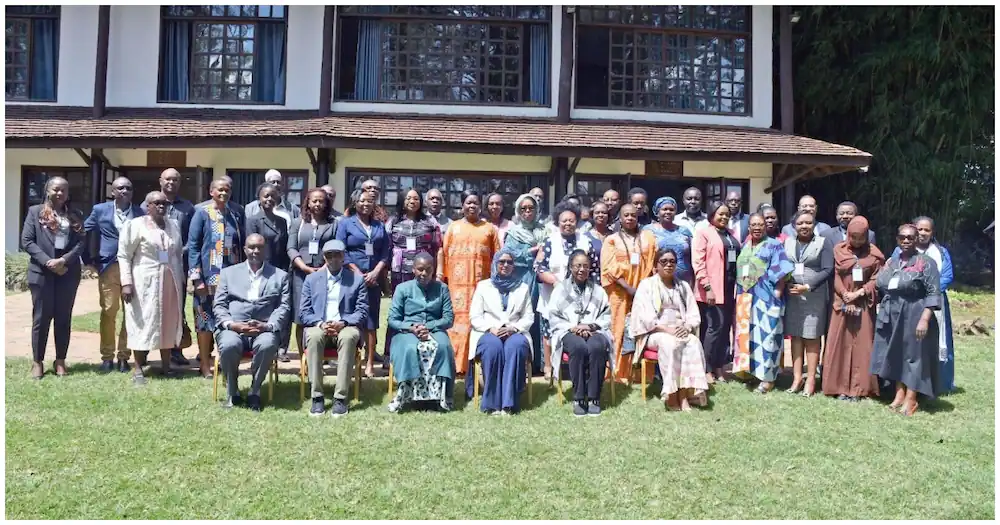
The government has pledged to prioritize the development of its feed and fodder sector to stimulate economic growth and generate employment opportunities.
The decision comes in the wake of significant challenges faced by the sector, including the impact of climate change, the global COVID-19 pandemic, and international conflicts.
Speaking at the ongoing five-day Resilient African Feed and Fodder Systems (RAFFS) Project Technical and Steering Committee meeting, Bishal Fille Elmi, Director of Livestock Production at the Ministry of Agriculture, Livestock, and Fisheries, emphasized the need for intensifying livestock production.
He stated, “Livestock intensification involves practices towards disease control and use of improved breeds or cross breeding techniques as well as feeding management.”
The government is set to implement a strategy to overcome these challenges, with a focus on promoting 10 feed value chains projected to be established in 5.4 million acres of land.
“These will yield 33 million metric tons (MT) of dry matter (DM) at a total cost of Sh465 billion in the next 10 years while generating 145,000 jobs annually,” Elmi announced.
Dr. Stanley Mutua, Head of Animal Feeds and Nutrition at the Ministry of Agriculture’s State Department for Livestock Development, stressed the importance of evidence-based and data-driven solutions for short-term interventions to support Kenya’s feed and nutrition security systems.
He also emphasized the need to involve women in the sector, acknowledging the challenges faced by small-scale players and women due to limited access to finance and insufficient infrastructure.

